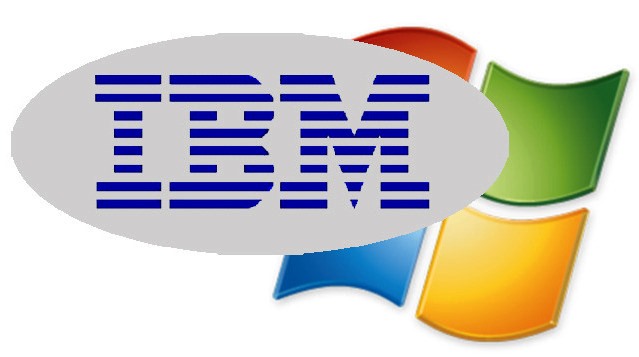A recently published Competitive Landscape Assessment for Enterprise Application and Platforms Lifecycle Management (APLM) report by GlobalData, a leading data and analytics company, provides a comprehensive analysis of this dynamic and highly competitive space with profiles, rankings and comparisons of seven of the top global platforms.
APLM supports enterprises as they undergo various processes of digital transformation and expansion, including the need to manage growing volumes of data, often combined with a strong Internet of Things (IoT) and edge computing strategy.
GlobalData’s assessment of this marketplace awarded highest honors to those vendors best able to react to this market transition, through thought leadership and innovation. Charlotte Dunlap, Principal Technology Analyst at GlobalData comments, “As leaders in this space, IBM and Microsoft have demonstrated solid strategies around microservices tools and development frameworks, AI services to support intelligent applications such as machine learning and natural language processing, and foundational serverless computing technologies under the brands Lambda and OpenWhisk.”
Chris Drake, Principal Technology Analyst at GlobalData comments, “From a platform perspective, enterprise efforts to simplify and modernize their IT footprints – through the use of things such as composable or hyperconverged infrastructure, pay-as-you-use models, and managed private clouds – will be accompanied by the emergence of IT footprints that are more distributed than in the past, extending from multiple edge locations to central data centers and to the cloud, and which make use of multiple cloud platforms. All of this creates a need, and an opportunity, to find more effective ways of managing IT platforms and the applications they support.’’
GlobalData’s APLM assessment includes detailed information on platform capabilities, along with vendor go-to-market strategies, which will help enterprise buyers effectively select the best technological solution and most appropriate partners in pursuit of real-world APLM business outcomes. The report includes profiles on solutions from Cisco, HPE, IBM, Oracle, Microsoft, Red Hat and VMware, with plans to expand and include other vendors in the future. Enterprises will also find information to help them select vendors who can leverage APLM for diverse use cases, and also assist developers and DevOps to choose solutions as they build complex applications to take advantage of large amounts of data collected by businesses. The ultimate aim being to build better products and operational processes.
Dunlap continued, ‘‘Today’s digital enterprises require traditional infrastructure providers to move up the cloud stack beyond private/hybrid models, to help DevOps orchestrate the whole application and platform ecosystem of technology across the entire lifecycle. APLM supports enterprises as they undergo various processes of digital transformation and expansion, including the need to manage growing volumes of data, often combined with a strong Internet of Things (IoT) and edge computing strategy.’’
Key buying criteria evaluated within GlobalData’s APLM include:
- Go-to-Market
- Ecosystem
- Container Orchestration
- Microservices and Service Mesh
- Single Pane View, Compliance and Cost Management
- Multi-platform Security
- Edge-to-Edge Connectivity
- Pricing
- Flexible Consumption
Dunlap added, “APLM is an increasingly important enabler, representing a significant growth market for technology solution providers and their enterprise customers alike. As a result, the market for solutions that make APLM projects easier to deploy and manage in a cloud era, having continuous delivery application development requirements is set to grow significantly in size and scope over the next 12 months.”
Drake added, “APLM solutions will benefit from application-centric approaches to workload management, which allow automated infrastructure allocation according to an application’s specific requirements. Application-centric approaches allow users to avoid cloud-specific scripting and mean they do not need to understand the unique API calls of each underlying deployment environment.”






























